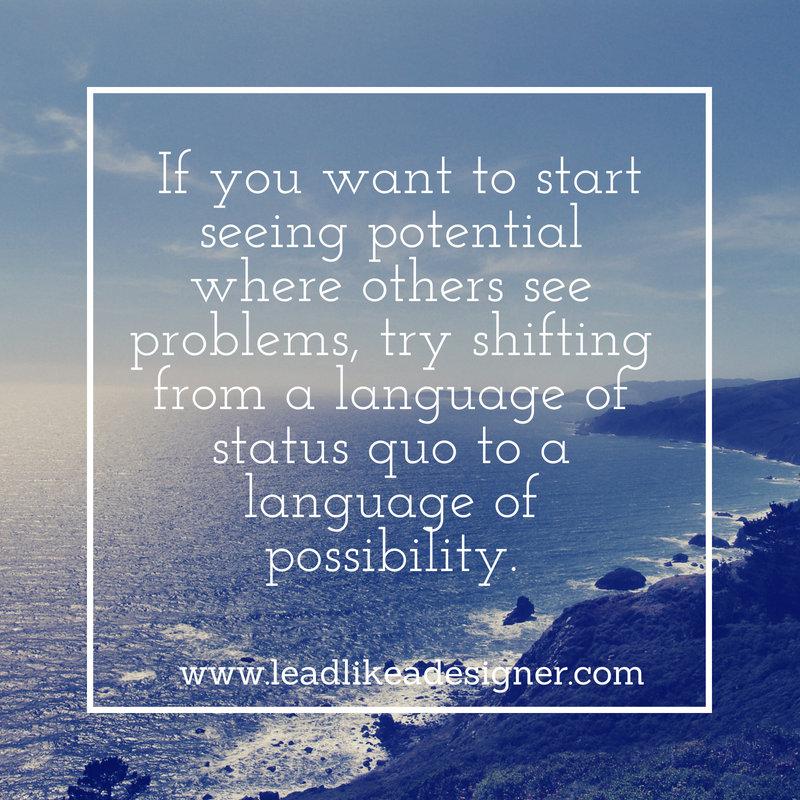I remember all too well the days pre-kids when my husband and I would be eating at a restaurant and see families at nearby tables. We couldn’t help but notice the kids entertaining themselves on devices and the easy “kid-food” being delivered to table, you know the mac and cheese, pizza or chicken nuggets. We were SO certain we would never use those strategies when we became parents. We of course would be engaging our kids in meaningful conversation, and our children would eat healthy, organic food from a variety of cultures at an early age. Fast forward many years, at dinner with two young boys and ooooh have we changed. We do try to engage our children and feed them healthy, but now can also appreciate the magic of a little screen time and the ease of “kid food” at time — certainty erased!
“We have to be willing to let go of our certainty and expect ourselves to be
confused for a time”
As a recovering perfectionist, I liked being certain about things in life and having the “right answer.” In some regards it made things easier and this was reinforced for many years of my life in school where the right answer was definitely more valuable than a question.
Over time I’ve realized that in most situations there can be alot of “rights” and I have become a lot less certain over what the “right” answer or approach could be. Now, instead of searching for the perfect way to solve a problem, I explore options, lots of options.
If like me, you are a recovering perfectionist or just like having the “right answer” here are few ways you can work to remain more curious than certain.
Suspend Judgement - Resist making snap judgements about ideas or situations. Our certainty has the danger of shutting down ideas. I’ve learned that the best ideas often hide in the crazy ideas, so if I shut down an idea too quickly (even if it sounds crazy) I lose out. To avoid this, suspend your judgement and try adopting phrases that are more generative in nature. (“What if..?” “How might we make that work?” “You may be right.”)
Check Yourself - The more experience we have in education, the more certain we may became about some of our beliefs. Try questioning yourself. In any given situation, I like asking myself a few questions to challenge my own thinking. (“What might I be wrong about?” “What might happen if I didn’t solve it this way?” How is my experience getting in the way?”)
Ask More Questions - Simply, spend more time asking questions. Try asking open-ended questions, questions that start with what, how or why. And even better try asking questions that you don’t know the answer to! You’d be amazed at how this changes the types of questions you ask.
As I’ve worked to stay more curious, I find I am less certain about most things in education and it is okay. Playing in the space of uncertainty allows for creativity and possibility. What are you no longer certain about? I’d love to hear. #DT4EduLeaders



